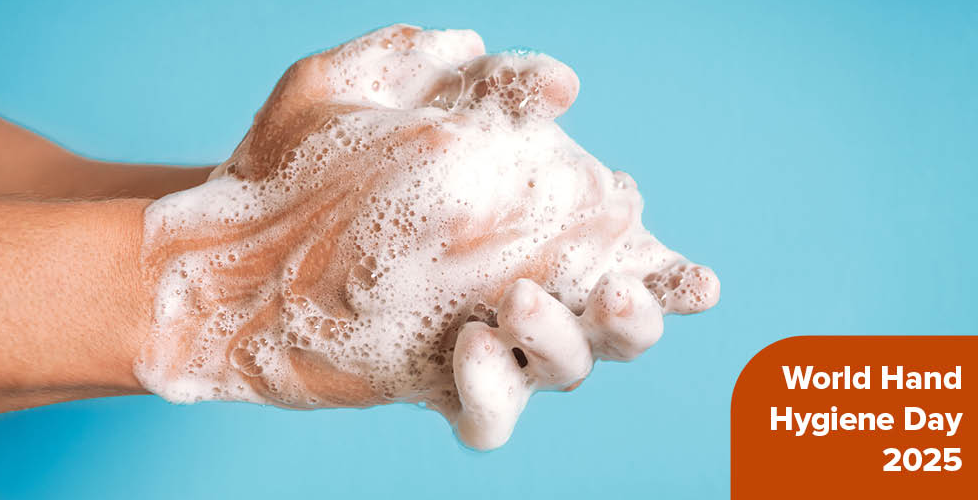 The world marks the 17th annual World Hand Hygiene Day in 2025.
The world marks the 17th annual World Hand Hygiene Day in 2025.
The World Health Organisation (WHO) is calling on countries to ramp up their efforts in infection prevention and control (IPC) with hand hygiene at the centre of the campaign.
In remarks as world marks the 17th annual World Hand Hygiene Day (WHHD) in 2025, WHO pushed for the urgent implementation of its global action plan and monitoring framework on IPC.
Held every year on May 5, WHHD serves as a global reminder of the critical role hand hygiene plays in protecting both patients and healthcare workers.
“Infection prevention and control must remain a top priority in every health system,” WHO said, emphasising that optimal hand hygiene, including appropriate glove use, is one of the simplest yet most effective ways to prevent the spread of infections in healthcare settings.
By 2026, WHO expects all countries to have established hand hygiene compliance monitoring and feedback as a national performance indicator, at least in all reference hospitals.
As of now, only 68 per cent of countries report having this monitoring system in place.
To support this shift, WHO has developed a guide to implementation that outlines how countries can embed hand hygiene into their national IPC strategies and facility-level standard operating procedures (SOPs).
The guidance encourages adherence to the “WHO 5 Moments for Hand Hygiene,” a gold-standard framework that outlines the key times health workers should clean their hands to prevent the transmission of harmful pathogens.
This year’s hand hygiene campaign also intersects with broader global health goals, including the WHO Framework for Action 2024–2030 on WASH (Water, Sanitation and Hygiene), waste, and electricity services.
The framework underscores the need for universal, safe access to clean water and sanitation in healthcare settings, essential for quality care and closely tied to climate resilience and sustainability.
Inadequate WASH infrastructure often compromises hand hygiene efforts. By integrating WASH and waste management requirements into national health planning, financing, and monitoring systems, countries can create safer, cleaner, and more climate-conscious healthcare environments.
WHO points out that improved hand hygiene isn't just about preventing infections, it's also about reducing the environmental burden of excessive glove use and medical waste. Unnecessary glove use not only creates more plastic waste but can also increase the risk of cross-contamination when used incorrectly.









